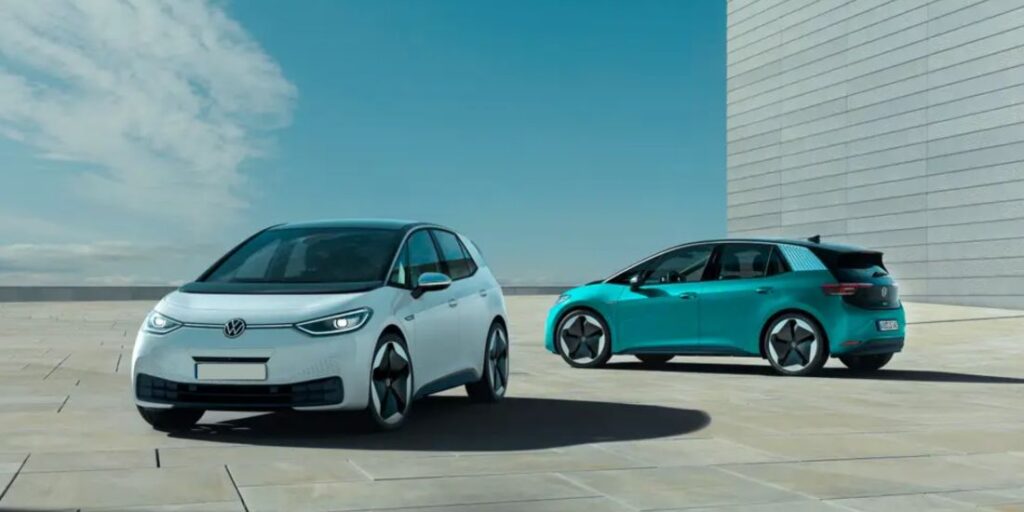The future of electric is looking bright, with many car manufacturers jumping on the bandwagon to add more electric vehicles to their offering. The progression to electric is likely to happen much quicker too due to government legislation to phase out the sale of petrol and diesel vehicles.
As an example, Jaguar plans to sell only electric cars from 2025, Volvo from 2030 and last week the British sportscar company Lotus said it would follow suit, selling only electric models from 2028.
As for mainstream companies, General Motors says it will make only electric vehicles by 2035, Ford says all vehicles sold in Europe will be electric by 2030 and VW says 70% of its sales will be electric by 2030.*
With the first electric vehicle that was built in the 1830’s by Scottish inventor Robert Anderson, but only with developing technology has it been possible to develop a vehicle at a reasonable price for what it gives you. For instance, General Motors classic EV1 cost a billion dollars to develop and didn’t make the cut due to having such poor range; about 50 miles for a normal driver.
However, with massive improvements in vehicle batteries, charging systems and car design, the presence of electric cars are gradually being seen more and more often around us. The energy density (how much power you can squeeze into each battery) is continuing to rise with developments and therefore is creating a huge change in performance and lasting longer.
Another aspect that is making the future of electric vehicles look bright is the fact the cost for fuel and servicing is much less compared to petrol and diesel vehicles. Many electric vehicles that are already out there already rival petrol and diesel cars on this aspect, and this will only continue to get better with time.
As for consumer perceptions, people want and believe in a greener, cleaner, emissions-free future, but the accessibility to critical charge points, the overall cost due to finite supplies and the lack of EV models to currently choose from are all impacting people's decision to switch to electric.
But with many new electric and hybrid vehicles coming out in the next few years; from the Audi A6 e-tron, to the Cadillac Lyriq, there will be plenty to choose from. Currently though, companies such as Uber are leading the change, as the savings are most noticeable with vehicles with higher mileage. Potentially seeing bigger fleets of electric vehicles being used will turn customers into the idea of investing.
As of 2020, Global sales of electric cars raced forward rising by 43% to a total of 3.2m, despite overall car sales slumping by a fifth during the coronavirus pandemic.
In light of all this, the sales of electric vehicles will only soar as long as there is investment in creating extra charge points, the overall costs coming down, and there being plenty of choice.
* https://www.bbc.co.uk/news/business-57253947




